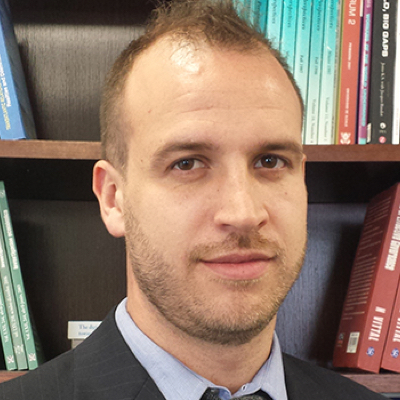January 23, 2015
A United Nations Security Council delegation is set to arrive in Haiti beginning a three-day visit to discuss the ongoing political crisis in the country. Thousands of protesters, who have taken to the streets of the capital to call for the president’s resignation, planned to go to the airport to greet the visiting members. On Monday, Haiti’s Foreign Minister, Duly Brutus addressed the Security Council in New York, asking for “the Security Council as well as all of our partners in the international community to continue to back the government” of President Martelly.
But the international community’s overt support for Martelly has already had a negative impact on the political crisis, as Jacqueline Charles of the Miami Herald reported earlier this week:
The U.S. had hoped a last-minute deal brokered between Martelly and several opposition political parties would have allowed for lawmakers’ terms to be extended for up to four months, and an electoral law to be passed. But parliament dissolved before either measures could be voted after pro and anti-Martelly senators failed to show up to provide the necessary 16 member quorum.
Biden commended Martelly’s “efforts to reach a negotiated agreement,” while recognizing that he had “made several important concessions in order to reach consensus, and expressed disappointment that Haiti’s Parliament did not pass an electoral law before lapsing on January 12,” said the statement from the White House.
Hours before the signing of the deal, the U.S. Embassy issued a press release stating U.S. support for Martelly should he have to rule by decree. Many believed that statement, and later U.S. Ambassador Pamela White’s appearance in the parliament chambers on the night of the aborted vote, were deal changers that helped encourage senators not to show up. Both were widely condemned as un-welcomed interference in Haitian domestic politics.
In an op-ed in the Miami Herald, Nicole Phillips and Morenike Fajanaand of the Institute for Justice and Democracy in Haiti and the Bureau des Avocats Internationaux, respectively, offer up some context for the current political impasse:
Stalled elections have put Haiti’s democracy in jeopardy. As a result of elections delays, some for more than three years, Parliament is no longer operational. All of Parliament except for 10 Senate seats are vacant, and all elected municipal officials have been replaced with executive branch appointees, allowing President Martelly to run the country without any checks or balances.
The causes of this impasse are complex. Although blame has been cast widely, in Haiti, more often than not the fingers are pointed at the president. Over the past four years, President Martelly has proposed a series of electoral councils to run the voting, each of which fell short of constitutional requirements and gave the president significant leverage over the supposedly independent council. His government has also arrested many political opponents and protestors on flimsy evidence.
The international community, by contrast, has publicly supported President Martelly’s electoral councils and blamed members of Parliament for using legislative procedures to block the unconstitutional councils.
Given that backdrop, the authors write:
If the U.N. Security Council and the rest of the international community want to contribute to a sustainable solution to Haiti’s political crisis, they will encourage all sides to respect the rules of the democratic game, not act as cheerleaders for one player.
Respecting the rules means installing an electoral council that complies as much as is now possible with the Constitution and runs fair elections that allow the free participation of all political parties.
Also today, members of the new Provisional Electoral Council will be sworn in. The nine members were set to be inaugurated last night, but “technical issues beyond the control of the Government and the CEP,” resulted in a delay until today. There were reports that certain sectors had disagreed over nominations, but it appears the CEP, as named yesterday, will indeed be installed today. Yet to be seen is if the CEP will be seen as a neutral and impartial actor in scheduling elections. Or if the Security Council is willing to truly act as an independent mediator in the current crisis.






